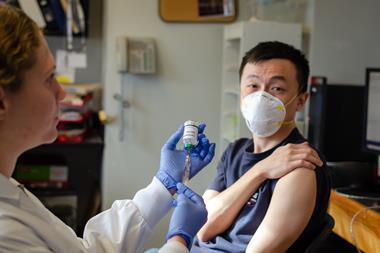An attack on the Tigantourine gas plant in Algeria led many companies, including oil and energy firm Statoil, to review their risk management procedures

Part of a multinational risks series supported by

Reeling from the loss of five employees, a shocked Statoil overhauled its risk management procedures following the Tigantourine terrorist attack in what amounts to a lesson to all multinationals operating in unstable MENA countries.
As the rapid-response team of crisis prevention and response consultancy NYA International points out, these are plenty. “Between the 2003 invasion of Iraq, the 2011 Arab Spring and the ongoing conflict in Syria, large parts of the region have been affected by political instability, sectarian conflict, the significant displacement of people and increased terrorist and insurgent activity in weakened states,” notes its latest report.
“Both politically and financially motivated kidnappings by [terrorist] groups pose a high risk to local and foreign nationals working or travelling in much of the region, particularly in Syria, Iraq and Yemen. Continued political instability has ensured that political evacuation and the repatriation of staff remains a real concern for businesses operating in the Middle East.”
Iraq remains the hot spot, with 59 cases of kidnap and ransom recorded between 2013-14 so far. Other high-risk countries include Lebanon and Turkey.
Statistics such as these prompted Statoil to implement several measures following its own investigation into Tigantourine:
- Improve early-warning techniques: security measures at the site were deemed inadequate and the Algerian military “were not able to detect or prevent the attackers from reaching the site”.
- Do not rely on local armed forces: although none of the contractors could have prevented the attack, they should not have relied as much as they did on Algerian military protection.
- Appoint a dedicated team: a special executive unit was established to implement the 19 security-related recommendations outlined in the report throughout Statoil sites.
- Prepare for the worst: Statoil now holds emergency response drills and runs training courses in travel, security and hostage survival.
- Talk everything through: priority has been given to the regular meetings of Statoil’s major accident forum, an internal, company-wide group that meets to discuss major accidents.
- A problem shared…: Statoil, joint venture partners and other energy firms are now working together on joint security projects.
This article was taken from StrategicRISK’s guide to multinational risks supported by AIG. This guide can be viewed or downloaded here.




















No comments yet